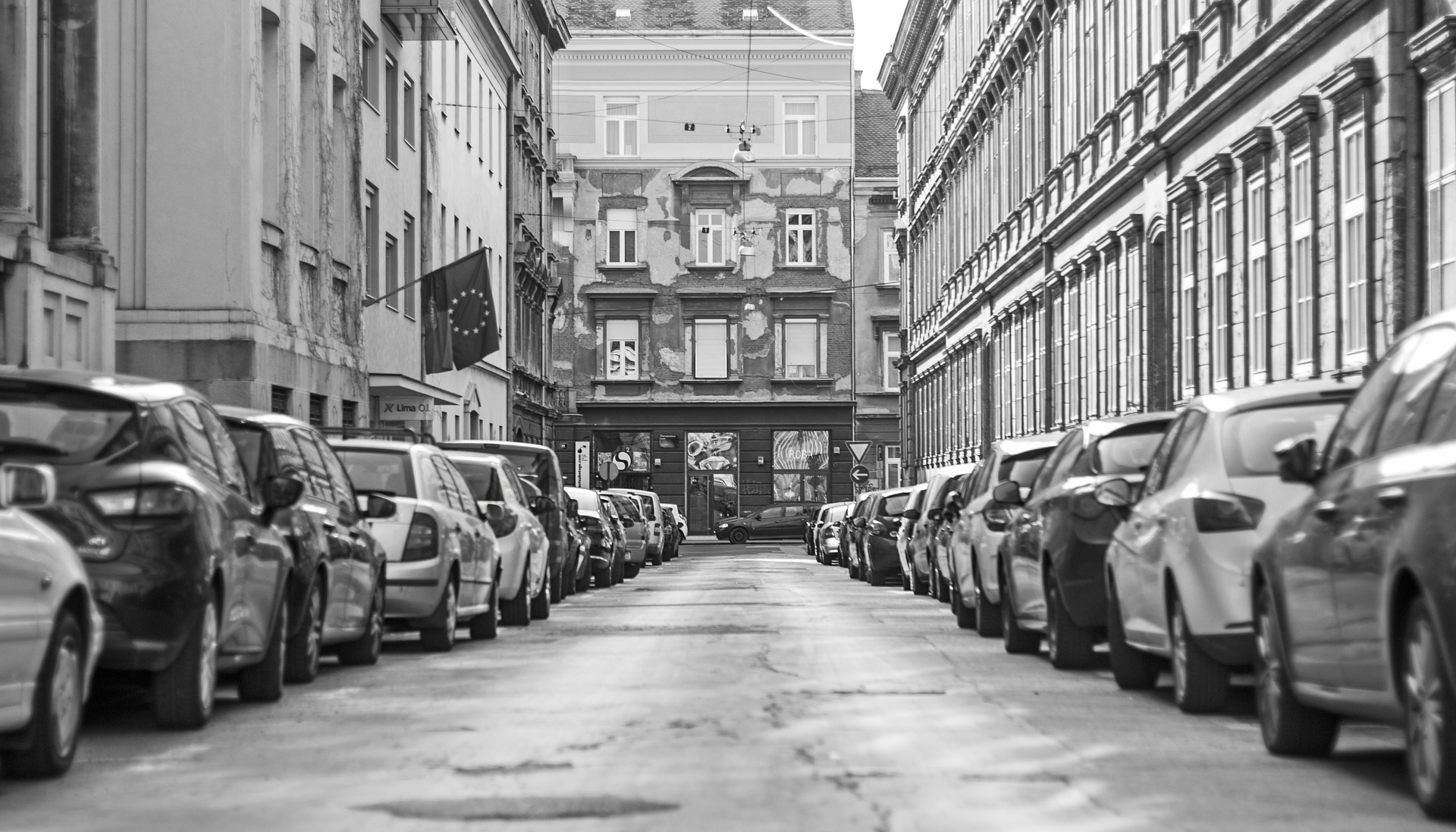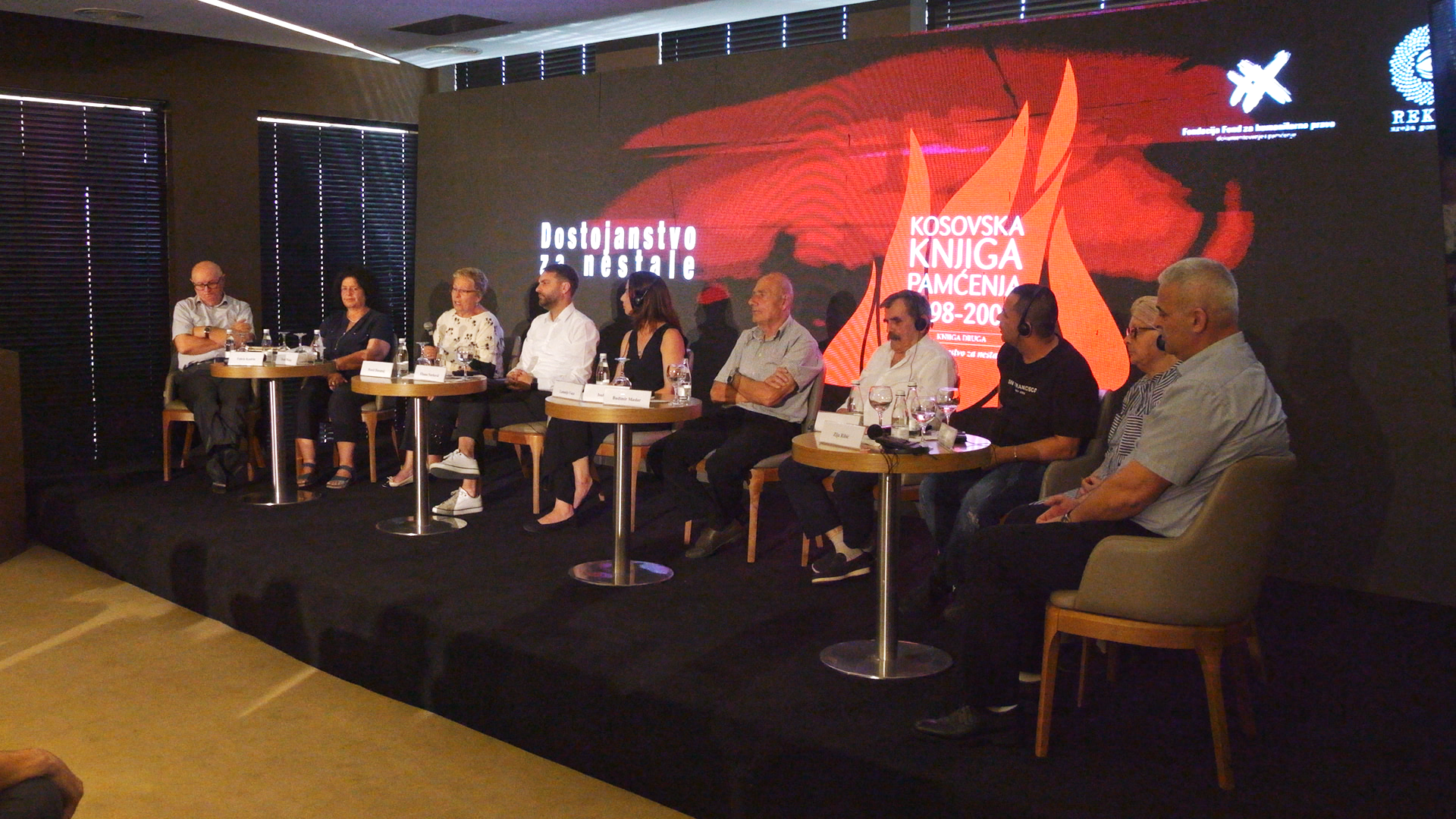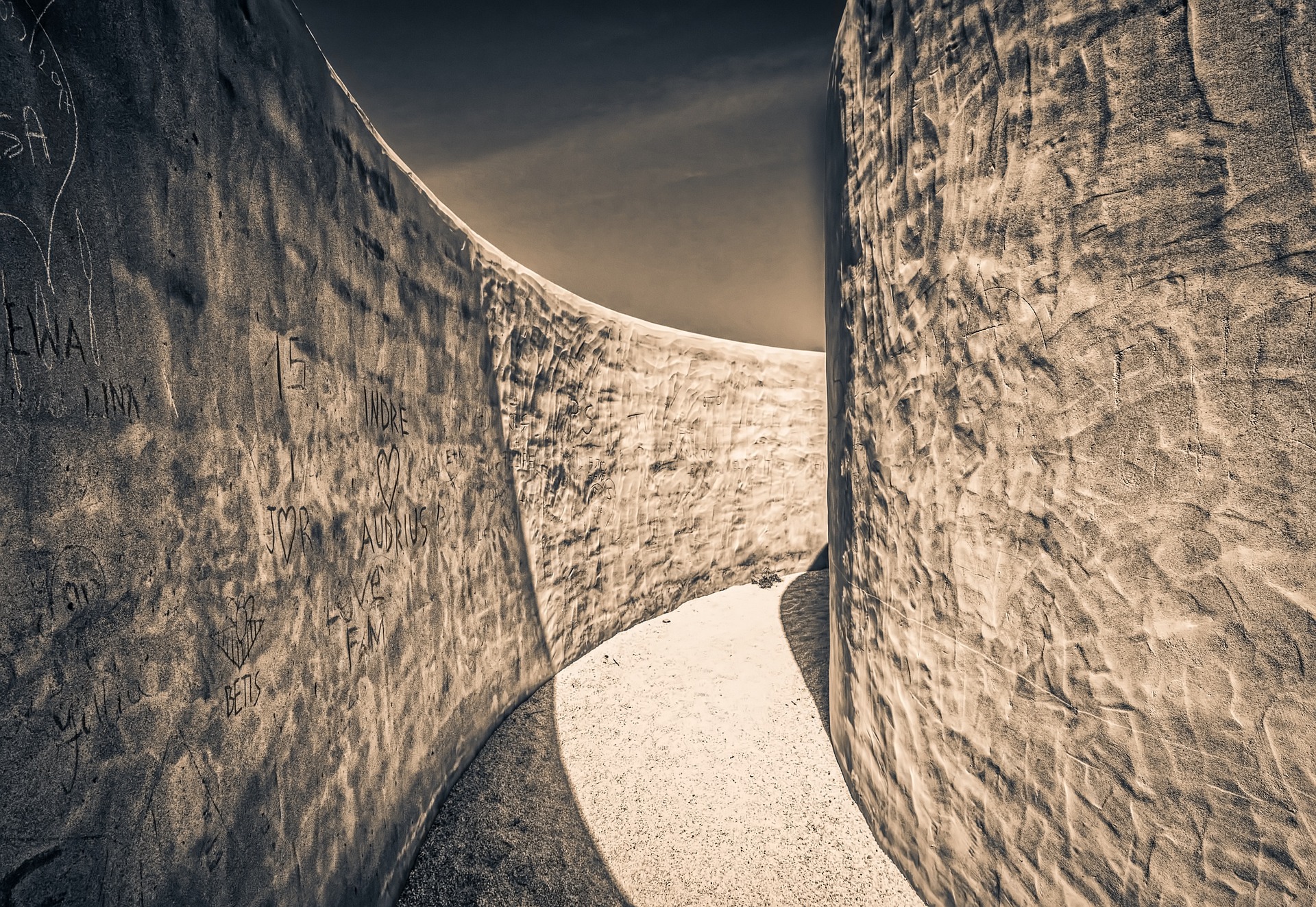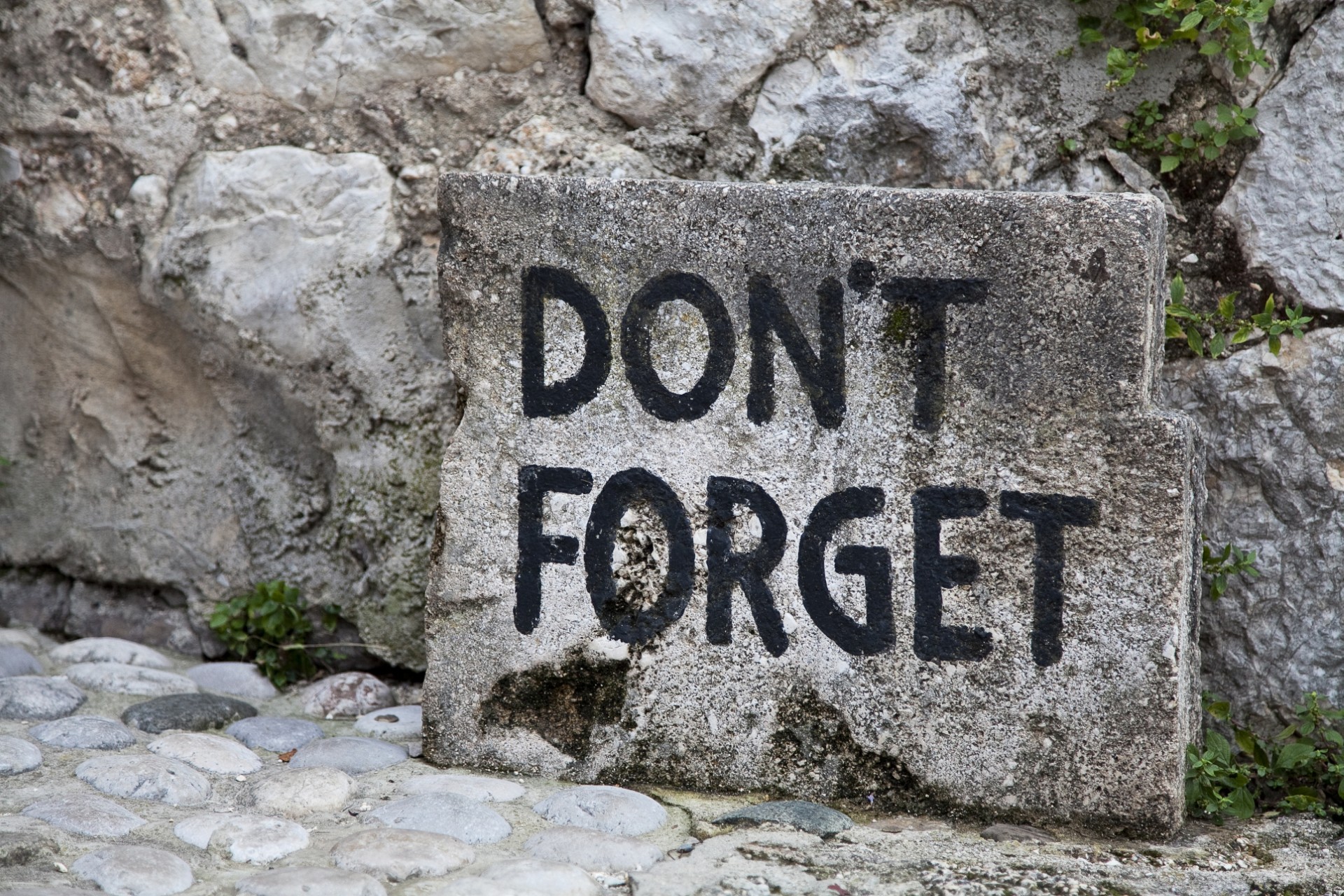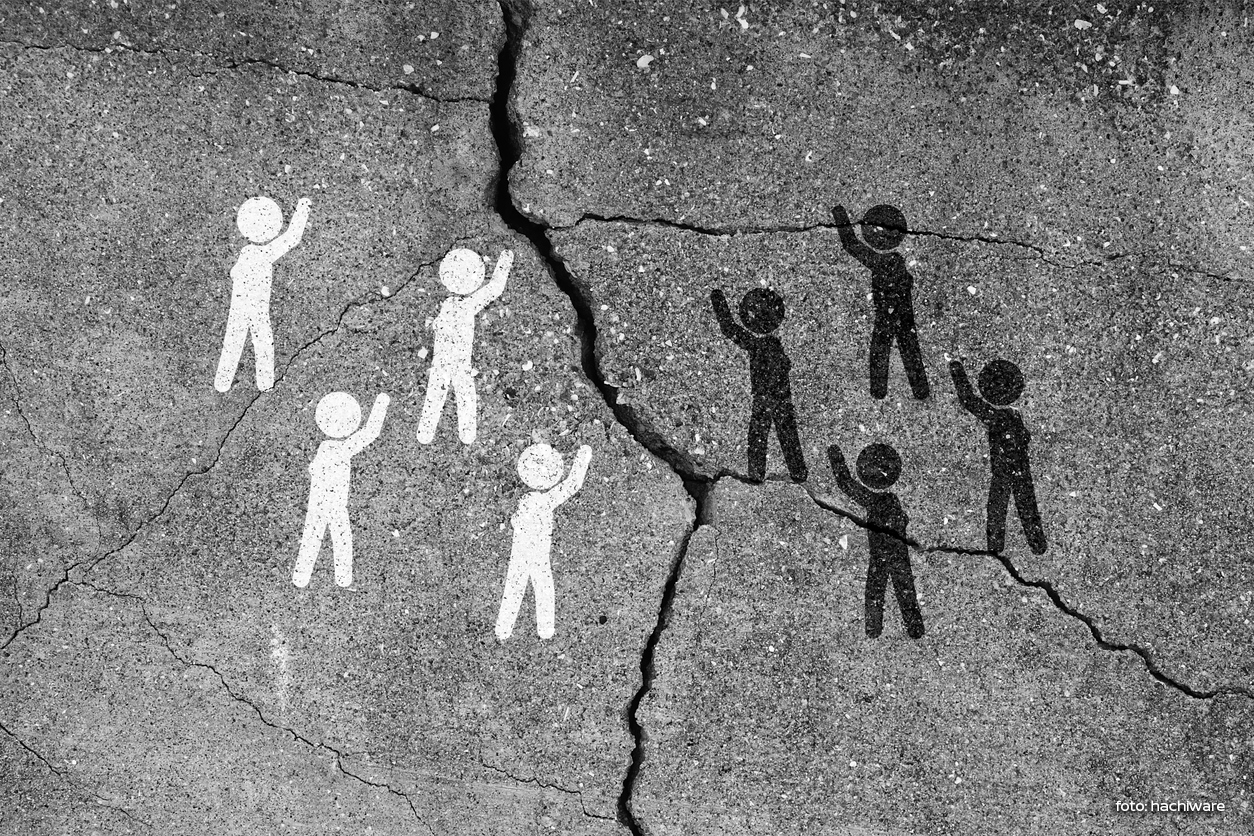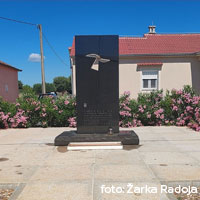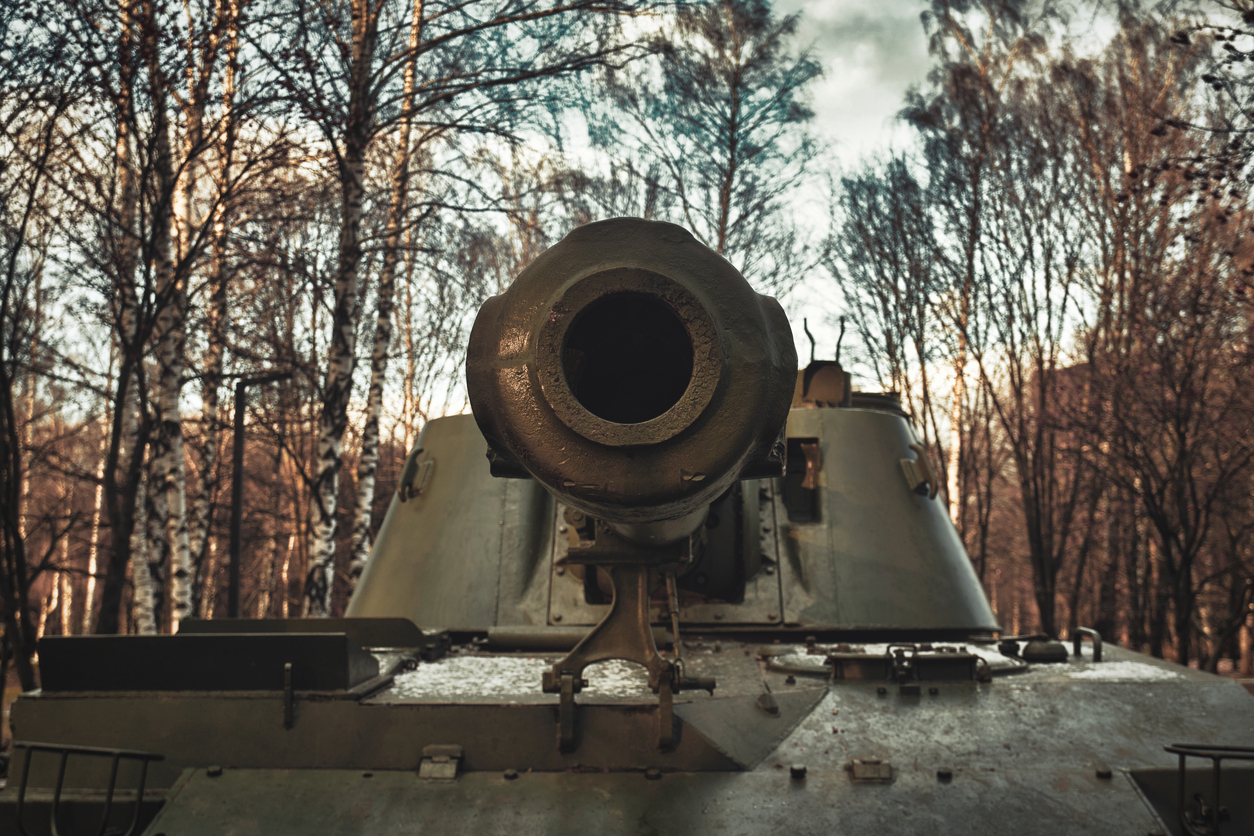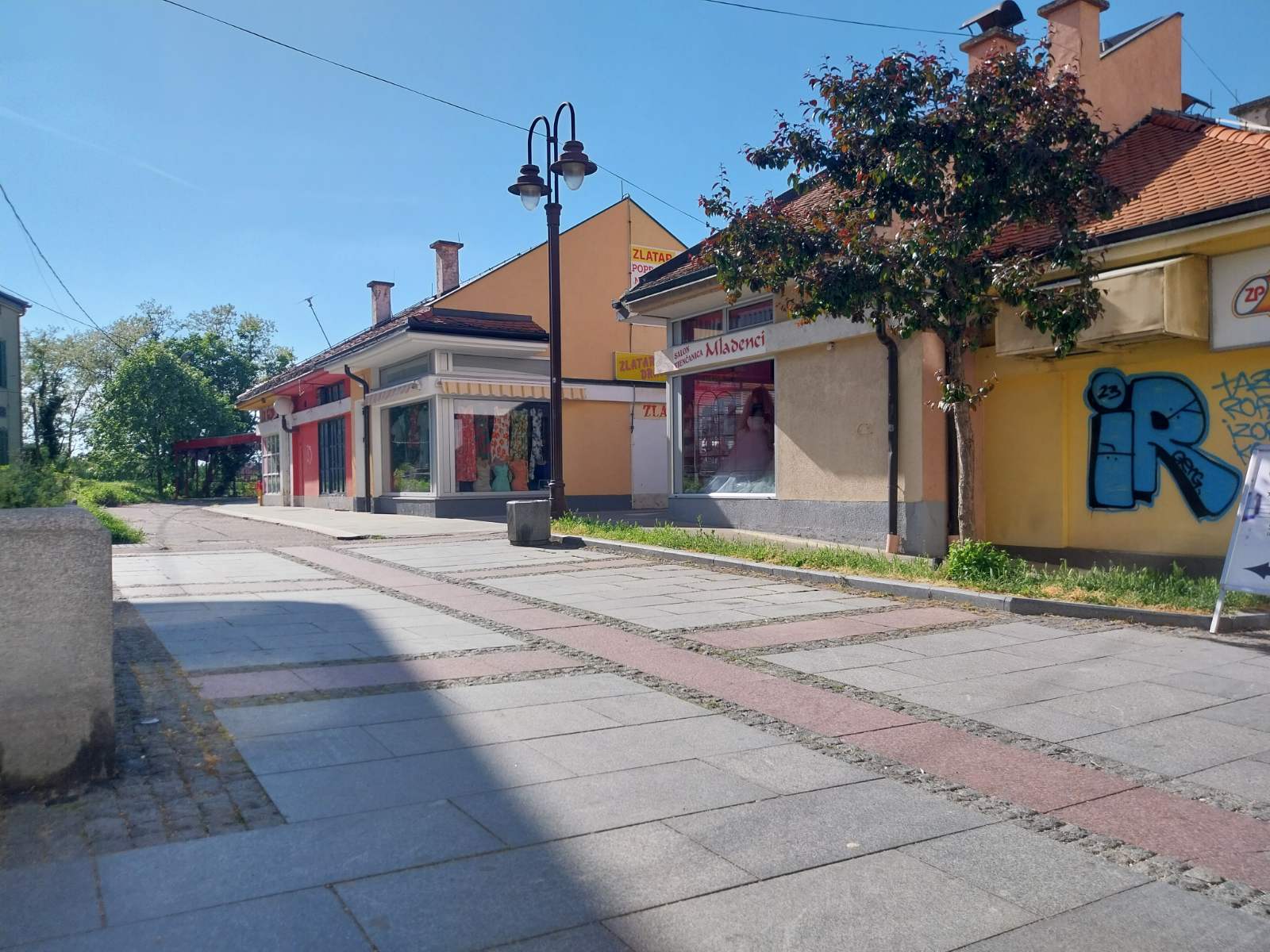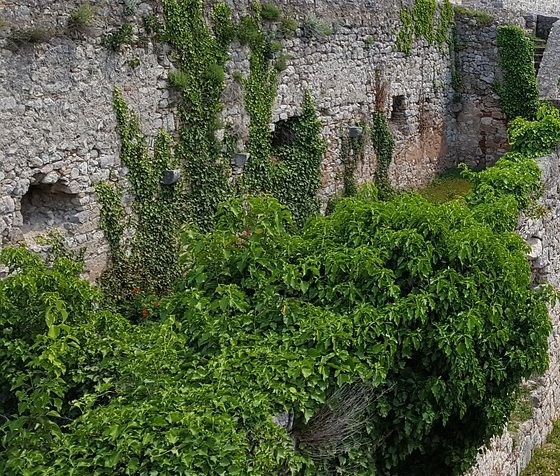By: Branka Vierda
A festive atmosphere marked the beginning of December 2021 in Zagreb. At the end of the second year of the pandemic and after two severe earthquakes that hit first Zagreb and then the area around Sisak and Petrinja, we seek consolation and purpose in well-known and established social rituals.
Yet something happened this December that breaks the festive monotony. On the 30th anniversary of the murder of Aleksandra Zec and her parents, Marija and Mihajlo, the memory politics of the city of Zagreb underwent a turn. They were fellow citizens, citizens of Zagreb, Serbs, who lived in Trešnjevka. Their lives ended in brutal killings in 1991 by members of the reserve unit of the Ministry of the Interior (MUP) of the Republic of Croatia, the so-called Merčepovci divisions. Father Mihajlo was killed in front of their family house in Poljanička Street, while mother Marija and twelve-year-old daughter Aleksandra were abducted and taken to a hill above Zagreb, and on the night between 7 and 8 December, they were murdered and thrown into a garbage pit near the Adolfovac mountain lodge on Sljeme hill.
For years, civil society organisations led by the Anti-Fascist League and the Serbian National Council have commemorated the anniversary of the killings, reminding the public that it was the killing of civilians and a child, that the crime went unpunished for procedural reasons and that the Croatian state avoided taking responsibility for persecuting the crime or condemning it.
This December, the new Zagreb government that formed after the local elections in May 2021, led by “Možemo” political party, decided to join the commemoration of the Zec family on Sljeme. Moreover, the mayor of Zagreb attended the commemoration for the first time. His arrival is particularly significant because of the messages he sent on that occasion. Mayor Tomislav Tomašević stated that he would lead a city devoid of discrimination and exclusion and pointed out:
-
“I am standing here, humbly, as the mayor of the city of Zagreb to pay tribute to the innocent victims of the innocently [killed] Zec family….”
-
“We want to live in a city where a crime is a crime, no matter who committed it and against whom. And that the perpetrators are held responsible for that crime. I am here precisely because I believe that such crimes must not be forgotten so that they never happen again in the future.”
-
“I say once again: [Zagreb will be the city where] every crime is punished and where there are no injustices like the ones that happened in one of the indeed most shameful episodes in the contemporary history of the city of Zagreb. In that sense, I am here as a pledge of a better future….”
Tomašević’s speech resonated in the Sljeme forest and in the media sphere, where numerous reports and “shares” and “likes” showed that he had public support. Thanks to this speech, information about the murder of members of the Zec family and a chronology of wrong moves by representatives of the executive power and the judiciary in connection with the case became more available to the public.
The act mentioned above of Mayor Tomašević came with a statement that he would support the Youth Initiative for Human Rights proposal, which has advocated for naming a public area in Zagreb after the Zec family since 2011.
The strong echo surrounding all this motivated several public figures to appear in public and talk about the importance and need to preserve the memory of the Zec family, to emphasise the symbolic meaning of the nationalist murder, and to react to the fact that the Croatian state failed in facing the facts about the crime.
The opportunity was ideal for the Croatian political leadership to join in pointing out this social problem, using public attention, and responsibly, honestly, and unequivocally admitting the omissions and mistakes of the past. In this way, they would guarantee that something like this will not happen again in the future. But, unfortunately, both Prime Minister Andrej Plenković and President Zoran Milanović missed this opportunity.
To make things worse, President Milanović has already marked his mandate, which is not even halfway through, with the following shameful and cruel statement: “The Zec family was invited to the Government […], they received reparations, what else should we do…?”
According to the latest Crobarometer survey of November 2021, Zoran Milanović is the most popular Croatian politician. It could be because of his distinctive style, what some would call passion, and because of directly addressing social issues that catch his attention, he quickly attracts the attention of the media and the public. I want to point out that this makes his responsibility for accepting – and not relativising or denying – shameful parts of Croatia’s past even greater. By representing this country, he should reject the easier and more menacing ways, renounce petty populism and incitement of nationalist politics and treat the victims of the wars of the 1990s with courage and respect, without making discrepancies between them on any grounds.
I would also like to offer an answer to the question of why to be dedicated to the horrors of the long ended wars in today’s challenging and uncertain times? What is the point of having children playing in a park named after a murdered girl or a family? Why should we walk down the street with a lump in our throats when we see a plaque that says Zec Family Street? Why should a square where we meet our fellow citizens remind us of this family every day?
Apart from the fact that the government would contribute to building a society in which such events would not repeat, such a marked site would make us, all of us, feel bad. Yes. It would make us feel bad because such a feeling will always remind us that we must do everything we know and can so that something like that never happens to anyone, ever again.
We should not be afraid to feel bad; we should prevent feeling indifferent.
Branka Vierda holds a Master of Law degree and is a coordinator of the Justice and Reconciliation Programs in the Youth Initiative for Human Rights in Croatia.
